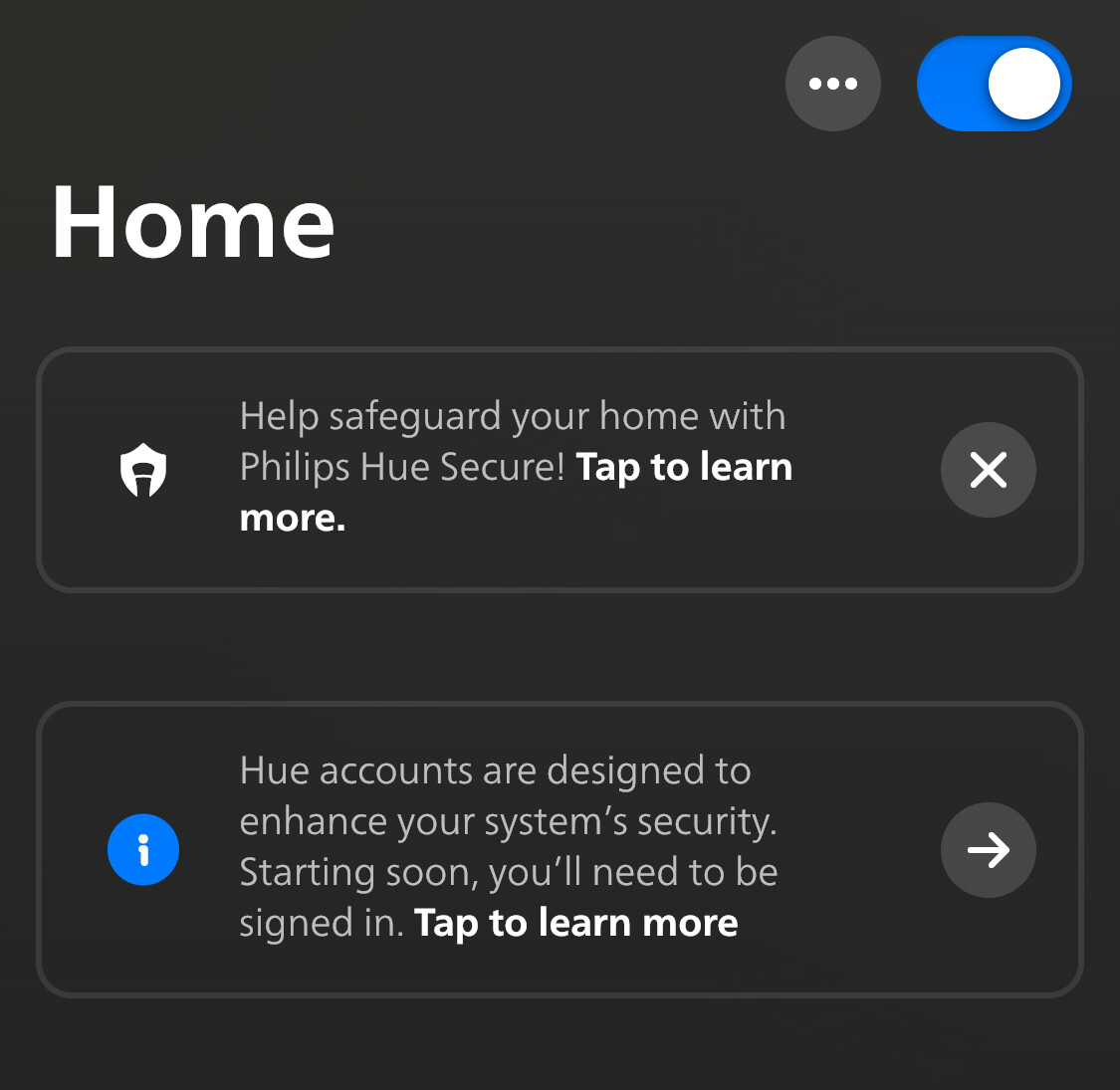In our company we (at least IT department) get to choose our own bags (within reason). I have some generic lenovo backpack they had laying around when I started and it’s decent enough. Maybe a bit smaller side on what I’d like, but it carries my laptop, headset, random cables, power supply, notepad and stuff like that just fine. And it doesn’t have any kind of visible logo on it at all, unless you count the Think® colour scheme on zipper tabs.
And it’s also a security thing. Should someone steal my backpack it does not have any logos to pinpoint which company it belongs unless I’ve left my lanyard in the pocket with my rfid-tag. And of course if you open the laptop it has AD forest name on there, so it’s pretty trivial to figure out, but at least I’m not advertising ‘steal my things if you want access to this company’ everywhere.







I can place a pretty hefty bet that this thought has not visited Elmos head.